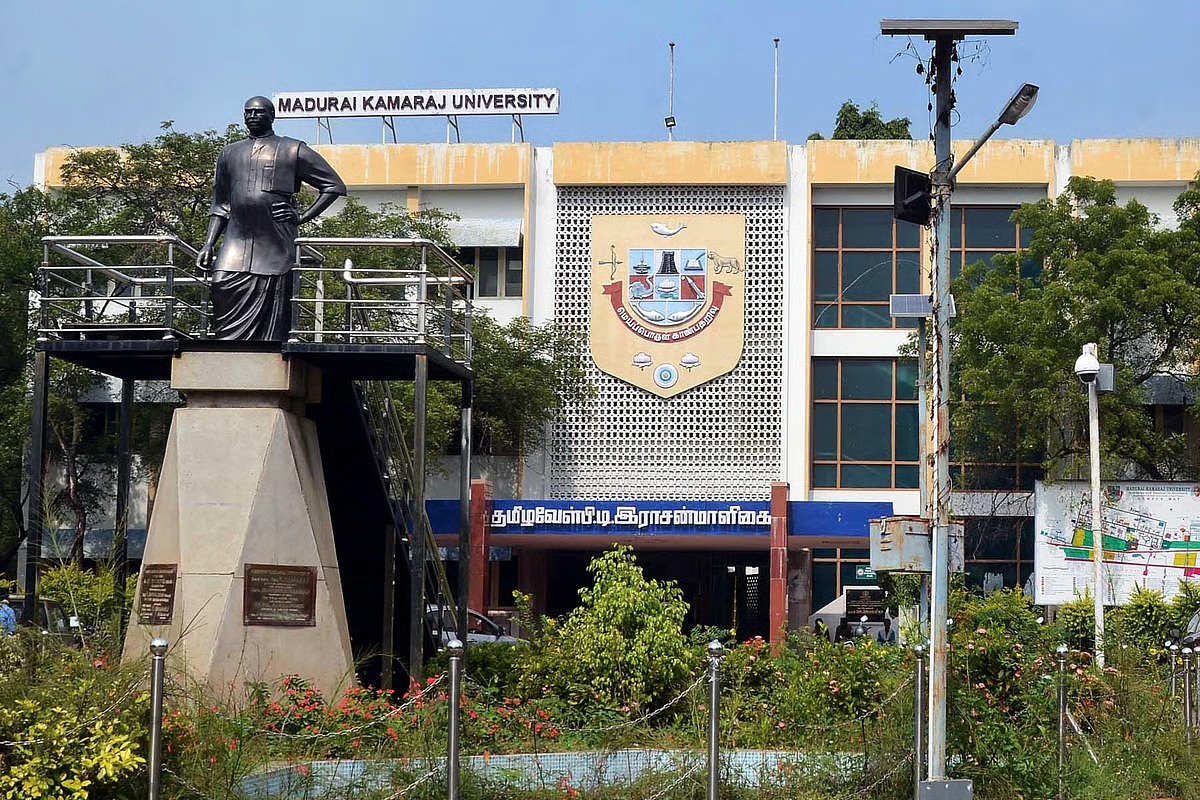1. All the three Letters Patent Appeals arise out of same impugned Judgment of the learned Single Judge, passed in three writ petitions and therefore, they were heard together and are being disposed of by this common Judgment because the questions raised in all the three Letters Patent Appeal are the same.
2 What it appears that in the year 1960, vast area of lands were acquired under the Land Acquisition Act for M/s. Heavy Engineering Corporation. In that acquisition of land, it is said that the lands belonging to the ancestors of the appellants were also acquired.
3. According to the case of the appellants, a survey was conducted in the year 1993 by the District Land Acquisition Officer, Ranchi of the lands acquired for the M/s. Heavy Engineering Corporation and it was found that 2555.71 Decimals of land was lying unutilised. The appellants further say that in the year 1979, the Government of Bihar took a policy decision by issue of Letter No. 123/DLA/Policy1/78. dated 12.01.1979, as contained in Annexure-7, to return back the lands which were lying unutilised to the original land owners, since it was not being used for the very public purpose. According to the appellants, the lands belonging to their ancestors, though were acquired for M/s. Heavy Engineering Corporation, but the same are still lying unutilised as surplus and therefore, as per the policy decision of the Government which taken in the year 1979 (Annexure-7), the petitioners were entitled to be returned back their lands.
4. Learned Single Judge, by impugned Judgment and order dated 14.08.2006, dismissed all the three Writ Petitions relying on the decision of the Supreme Court in the case of
In my opinion, no relief can be granted to the petitioners. They could not show under what provisions of law, the purported circular/policy decision of the Government of Bihar, was issued. They also could not show how they derive right of restoration of land on the basis of the letters of the District Officers, especially when they are denied and disputed by H.E.C. Such circular/policy/letters relied by the petitioners are clearly inconsistent with the provisions of the Land Acquisition Act. Moreover, the petitioners could not prove that H.E.C. has got surplus land. Even if some lands have not been used, it cannot be said that they are surplus. In my opinion, this case is fully covered by the judgment of Govt. of A.P. (Supra).
5. Mr. V. Shivnath, learned Senior counsel appearing for the appellants submitted that in view of Section 48(1) of the Land Acquisition Act, Government was entitled to withdraw acquisition of any land and after withdrawal of such acquisition, the lands so acquired can be returned to the original owner and pursuant thereto, the Government of Bihar has already taken a policy decision to return or recovery the unutilised acquired lands to is original owners which are initially acquired for H.E.C.
6. In order to test the submissions of Mr. V. Shivnath, learned Senior counsel appearing for the appellants, it is necessary to examine Section 48 of the Land Acquisition Act which reads as unden:
48. Completion of acquisition not compulsory, but compensation to be awarded when not completed.-(1) Except in the case provided for in Section 36, the Government shall be at liberty to withdraw from th acquisition of any land of which possession has not been taken.
(2) Whenever the Government withdraws from any such acquisition, the Collector shall determine the amount of compensation due for the damage suffered by the owner in consequence of the notice or of any proceedings thereunder, and shall pay such amount to the person interested, together with all costs reasonably incurred by him in the prosecution of the proceedings under this Act relating to the said land.
(3) The provisions of Part III of this Act shall apply, so far as may be, to the determination of the compensation payable under this section.
7. From a bare perusal of Section 48(1) quoted above, it is clear that no doubt, this provision gives liberty to the Government to withdraw from acquisition of any land but at the same time, the said withdrawal of acquisition can be only of those lands of which possession has not been taken.
8. In the present case, it is nobody''s case that after acquisition of the land in question, the possession of the lands acquired were not taken by the H.E.C. rather, in this case, from the records it appears that after acquisition of the land, possession of the lands were taken by H.E.C. and compensation were also paid to the land owners.
9 It has not been disputed in the present case that the lands in question were validly acquired under the provisions of the Land Acquisition Act and the possession of the same was also taken. Therefore, by virtue of the provisions of the Land Acquisition Act, the lands were acquired vested absolutely with the Government. In our view, the learned Single Judge rightly dismissed the Writ Petitions relying on the decision of the Supreme Court in the Case of Govt. of A.P. v. Syed Akbar (Supra) wherein, it has been held that
(i) u/s 16 of the Lands Acquisition Act, the lands acquired vests in the Government absolutely free from all encumbrances;
(ii) the lands acquired for the public purpose, could be utilized for any other public purpose;
(iii) the acquired lands which is vested in the Government free from all encumbrances, cannot be reassigned or reconveyed to the original owner merely on the basis of an executive order.
10. We are of the view that the policy decision, if any taken by the Government of Bihar, as contained in Annexure-7, in fact runs contrary to the provisions of the Land Acquisition Act and the decision of the Supreme Court and therefore the same cannot be of any help to the appellant. In such a situation, we hold that the learned Single Judge has rightly dismissed the Writ Petitions for the reasons stated in the impugned order.
Accordingly, we do not find any merit in all these three Letters Patent Appeal and as such, all the three appeals are dismissed.

